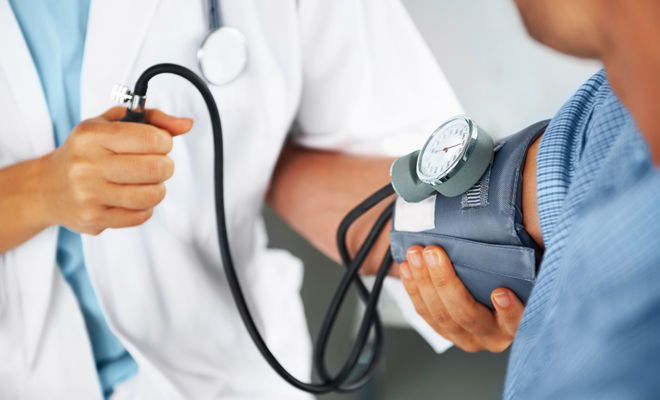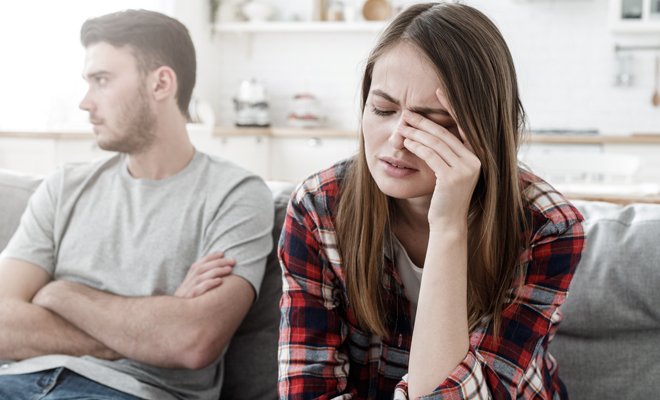Having anxiety not only implies an emotional disorder, but its are also observed on a physical level. The most obvious physical aids caused by suffering from anxiety or being subjected to high levels of stress on a continuous basis are muscular and gastrointestinal problems and frequent headaches. Logically, there are more physical consequences of anxiety and some of them have no symptoms. This is the case of high blood pressure, so common in anxiety disorders. We wonder if there is any relationship between hypertension and stress.

The relationship between high blood pressure and anxiety
When the doctor tells you that you have high blood pressure, the first thing he advises you is to stop smoking, not to consume alcohol, to eliminate salt from the diet as well as some foods and… To reduce stress. Although there is no concrete evidence that anxiety is a cause of hypertension, the truth is that they usually come hand in hand. This is stated in the doctoral thesis “Efficacy of training in stress control for essential arterial hypertension” which suggests that psychological stress could play an important role as a risk factor in the development or maintenance of arterial hypertension through both the direct effects it generates on the cardiovascular system and through more indirect ways such as, for example, promoting the appearance of unhealthy behaviors that constitute cardiovascular risk factors.
Situations can then cause an increase in blood pressure. We are talking about specific and specific stressful situations, but this leads us to assume that suffering from continuous stress also keeps blood pressure high, with the risks that this entails.
They explain to us that when you get stressed, the body secretes a series of hormones that make your heart beat faster and the blood vessels narrow. And just as it sounds, it doesn’t seem like the healthiest reaction for cardiovascular health.
The danger of hypertension
But maybe you are wondering what is hypertension or high blood pressure. When measuring blood pressure, what is measured is the force that the blood pumped by the heart exerts on the walls of the arteries. The increase in blood pressure causes those walls of the arteries to harden, thicken and this considerably narrows the path of the blood.
The consequences of high blood pressure are serious because they refer to the cardiovascular field. Heart attack, heart failure, vision problems, stroke or kidney disease are some of the complications that hypertension can lead to, so it is convenient to stop for a moment and attend to physical and emotional health. If stress and anxiety are going to cause tension to rise, action will have to be taken.
Reduce stress to avoid hypertension
Whether or not anxiety is one of the causes of hypertension, the truth is that the recommended measures to lower tension are the same as to reduce stress. Let’s go with the most common recommendations.
On a physical level, and as you can imagine, you have to eat a healthy diet and start practicing physical exercise. Simply walking and, if possible, doing it in contact with nature regulates blood pressure and at the same time helps reduce anxiety. We are going to let the doctors advise you on the changes you should make in your diet to combat high blood pressure and let’s move on to what you can do without medical supervision.
Practicing yoga and meditation lowers blood pressure. And since we are talking about stress, we can take advantage to reduce it too. Neuroscience has already proven that Mindfulness produces changes in the structure of the brain, so that we can better deal with stressful situations.
How are you sleeping? Because the quality of sleep affects both blood pressure and anxiety problems. As you can see, everything is related and with a few small changes you can improve your quality of life. When you suffer from stress or anxiety, sleep also suffers, so it’s time to establish routines aimed at better sleep hygiene.
And don’t forget about all those mental and emotional changes to reduce stress, like setting priorities that clear your schedule, making time for yourself, and learning to unplug from time to time. Your anxiety and your heart will thank you.






